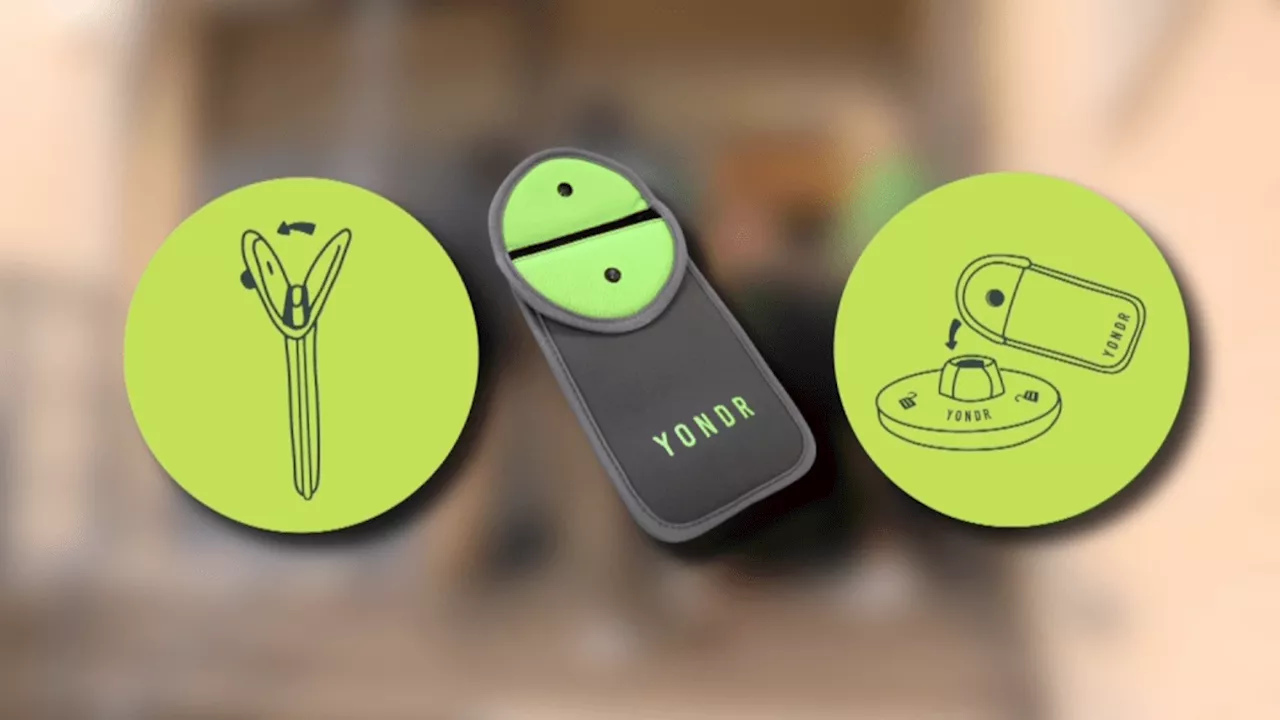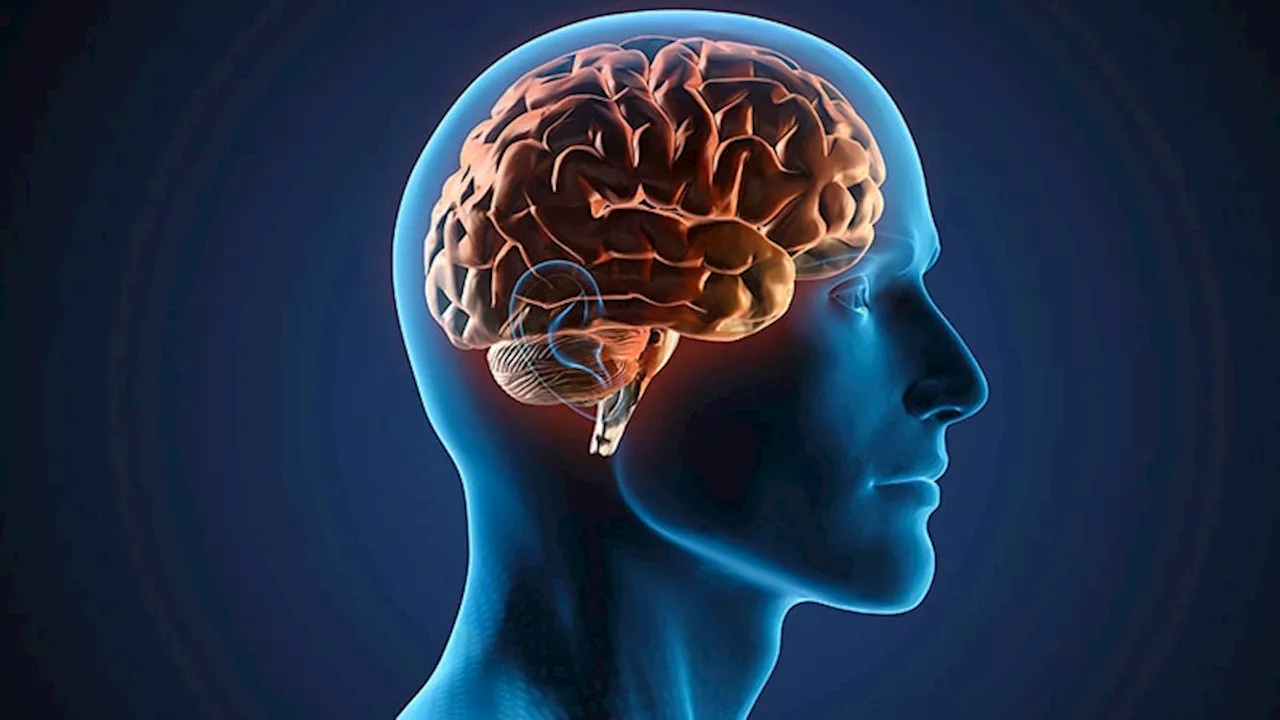A new study suggests that transcutaneous auricular vagus nerve stimulation (TVNS) can significantly improve sleep quality for individuals suffering from chronic insomnia.
Transcutaneous auricular vagus nerve stimulation ( TVNS ) improved sleep quality significantly in a small, sham-controlled trial, substantially expanding a growing body of evidence supporting its safety and efficacy for chronic insomnia. On the primary endpoint of improvement in the Pittsburgh Sleep Quality Index (PSQI), the benefit of TVNS was documented at the end of an 8-week treatment period as well through follow-up lasting an additional 12 weeks, new data showed.
The study included 72 participants who had at least a 3-month history of insomnia as defined by the fifth edition of the Diagnostic and Statistical Manual of Mental Disorders. Patients with more complicated forms of insomnia, including sleep apnea, narcolepsy, and restless leg syndrome were excluded. Although all patients were required to have a PSQI score of at least 8 (scale 0-21 with 8 signifying poor sleep quality) at entry, they were not necessarily refractory to prior treatment, study investigator Yu Wang, MD, PhD, Institute of Acupuncture and Moxibustion, China Academy of Chinese Medical Sciences, Beijing, China, noted. but he acknowledged this group “merits further exploration in our future studies.” Both active treatment and sham-controlled participants received electrical stimulation delivered to the bilateral auricular and cymba conchae for 30 minutes twice per day on 5 consecutive days for 8 weeks. However, at 0.1 mA, the current intensity in the sham group was considered to be below the therapeutic threshold. The higher intensity stimulation in the active treatment group was adjusted to the patient’s maximum tolerable levels. Treatments were self-administered or by a family member at home. With a 2.5-point reduction in the PSQI considered to be a minimal clinically important change, both groups achieved a statistically significant and clinically meaningful reduction in insomnia from baseline at 8 weeks. But the 4.2-point greater mean change in the TVNS group (−8.2 vs −3.0), was maintained at 12 weeks.
INSOMNIA SLEEP TVNS Vagus Nerve Stimulation CHRONIC ILLNESS
United States Latest News, United States Headlines
Similar News:You can also read news stories similar to this one that we have collected from other news sources.
 Study shows significant rise in psychotherapy use among adults, but gains are uneven across socioeconomic groupsAccess to psychotherapy has risen substantially among U.S. adults with mild to moderate distress since 2018, according to a new study. The increase in psychotherapy use is particularly notable among younger adults, women, college-educated individuals, and those with higher family incomes.
Study shows significant rise in psychotherapy use among adults, but gains are uneven across socioeconomic groupsAccess to psychotherapy has risen substantially among U.S. adults with mild to moderate distress since 2018, according to a new study. The increase in psychotherapy use is particularly notable among younger adults, women, college-educated individuals, and those with higher family incomes.
Read more »
 Dallas ISD data shows academic improvement after cellphone ban 5 years agoRobert T. Hill Middle School in Dallas ISD was one of the first schools in the country to try locking away cell phones and they say it works.
Dallas ISD data shows academic improvement after cellphone ban 5 years agoRobert T. Hill Middle School in Dallas ISD was one of the first schools in the country to try locking away cell phones and they say it works.
Read more »
 Japan business survey shows slight improvement in outlook for manufacturersA quarterly survey by Japan's central bank shows business sentiment among manufacturers has improved slightly, especially in major heavy industries such as automaking, fossil fuels and machinery. The survey by the Bank of Japan, called the tankan, is a factor the central bank takes into account in assessing its monetary policy stance.
Japan business survey shows slight improvement in outlook for manufacturersA quarterly survey by Japan's central bank shows business sentiment among manufacturers has improved slightly, especially in major heavy industries such as automaking, fossil fuels and machinery. The survey by the Bank of Japan, called the tankan, is a factor the central bank takes into account in assessing its monetary policy stance.
Read more »
 Seahawks News 11/22: Young Seahawks making an impact as team shows improvementRead!
Seahawks News 11/22: Young Seahawks making an impact as team shows improvementRead!
Read more »
Cooper Rush's career day shows signs of improvement for Dallas CowboysDallas Cowboys quarterback Cooper Rush improved to 3-3 on the season and is shows major signs of improvement under center.
Read more »
 As Americans prepare for Thanksgiving, veterans face food insecurity in significant numbers: studyPresident and CEO of America's Warrior Partnership asks people to give back this Thanksgiving when many veterans cannot afford to put food on the table.
As Americans prepare for Thanksgiving, veterans face food insecurity in significant numbers: studyPresident and CEO of America's Warrior Partnership asks people to give back this Thanksgiving when many veterans cannot afford to put food on the table.
Read more »
